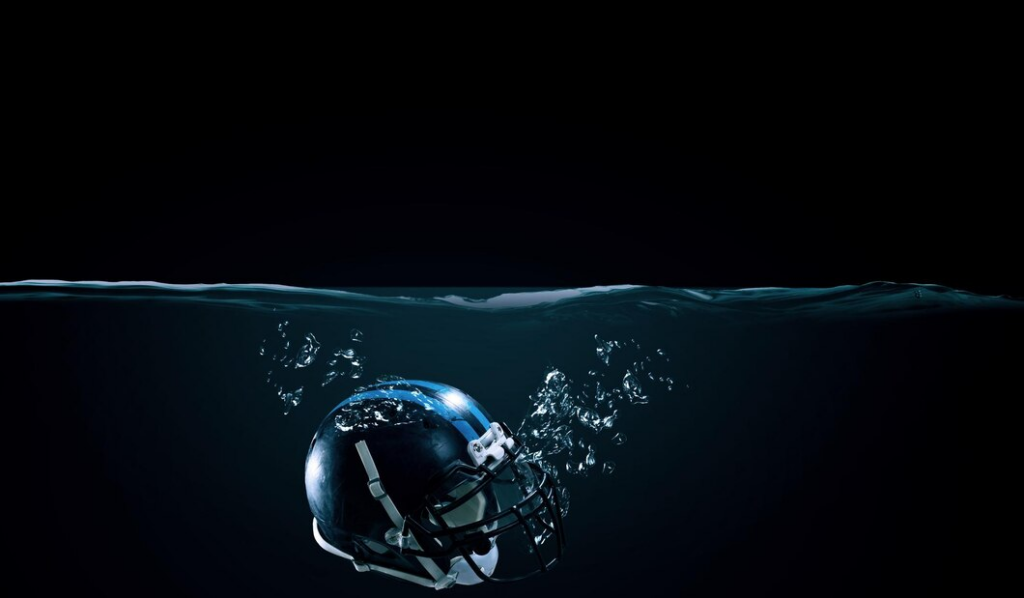Imagine a sport where players glide in the water, struggling for supremacy in a silent, weightless war. Underwater rugby blends strength, speed, and sheer survival instinct. Bottom-of-the-pool play is a test of one’s skill and endurance. Every second matters. Every breath matters. There are no screams and no rests, just a never-ending underwater war in which only the toughest can survive.
The Birth of Underwater Rugby
Underwater rugby was invented in 1961 in Cologne, Germany. A diving club was looking for a more exciting way to train, so they invented a game using a water-filled ball that sank instead of floated. Over time, the sport grew, attracting a passionate following, including those who enjoy betting online, as its unpredictable nature makes it thrilling to watch and wager on. In a few years, it had become an official sport with rules.
By the 1970s, underwater rugby exited Europe and started international competition. The game was challenging and unpredictable, so many famous swimmers, freedivers, and other athletes liked it. Nowadays, underwater rugby is played around the globe, with world championship teams pushing the limits of being human in pool depth.
Rules and Gameplay
Underwater rugby aims to get the ball into the opposing team’s basket at the bottom of the pool. It sounds simple, but the game is anything but. Key rules of the game:
- 6 vs. 6 contest: Two teams will fight underwater while four substitutes are at the surface.
- Advantages of breathing: Swimmers use snorkels and cannot breathe at will; they must resurface for air

- 3D strategy: The game is not only forward and backward; it goes up, down, and everywhere.
The battle for the ball is fought in eerie silence. No gravity will aid you; instinct and skill will help you win. The game’s intensity has drawn a dedicated following, with fans discussing tactics and matches on platforms like Melbet India Facebook, where betting enthusiasts analyze every move. It’s a fast-paced war underwater where one fast decision, one fast move, could lead you to victory.
Essential Skills for Players
Underwater rugby is not about mere muscle; it is about survival. One has to become an expert in controlled breathing, quick and logical thinking, omnidirectional movement, and adaptability to any situation. There is no standing still, no easy escape. Every second spent under the water is a battle against time, against one’s fatiguing muscles, and against other people who want just as much to defeat each other in the depths.
Breath Control and Stamina
The hardest part of underwater rugby is holding your breath while trying to gain possession of the ball. The freediving technique, lung-expansion exercises, and controlled breathing drills are taught to enhance the stalwart ability to hold your breath. Without controlling their breathing, a player is no good.
Oxygen deprivation leads to muddled judgment, making swift and accurate movements nearly impossible. The best players keep a cool head and can conserve air with slow and measured exhales. Those losing their heads will spend their breath in vain and squander critical seconds in contention for the ball.
Tactical Awareness and Teamwork
Underwater rugby is different from most sports because it’s a three-dimensional game. Attacks come from above, below, and all sides. An excellent player is not only fast but also has good perception. They anticipate their movement, track teammates, and always know where the ball is going before it gets there. Reaction time is everything.

Communication is silent but crucial. Instead of words, hand signals, eye contact, and glances suffice. Teams set traps, cover weak spots and block passing lanes like synchronized predators. Solo play never benefits anyone. Winning comes from thinking together, moving together, and striking at a time when their adversary is most surprised.
Competitive Scene and Championships
Underwater rugby is not merely a niche sport; it has a highly competitive venue at the global level. The first official international championship was conducted in 1978, and the sport has since mushroomed in stature and popularity. The CMAS Underwater Rugby World Championship is held every four years and has the highest international honor for the sport. The likes of Germany, Norway, and Colombia reign over the rankings repeatedly, showcasing their underwater prowess.
Club tournaments also provide exhilarating competition. The Champions Cup in Berlin is one of the most prestigious events, and the world’s best club teams participate. The sport’s unpredictability makes betting on these games fascinating—the underdogs can rise, and last-minute goals can win championships. As underwater rugby becomes more famous, several countries build fierce teams to make the competition even more challenging.
The Future of Underwater Rugby
The sport is rapidly evolving. More countries are forming leagues, and technology has improved underwater camera coverage, bringing the game to fans’ screens. This increasing global interest could make underwater rugby a subject of mainstream sports betting, thus opening avenues for thrills for players and spectators.

